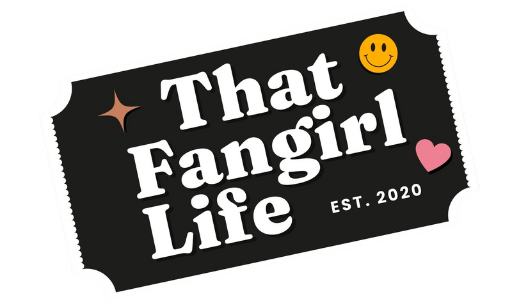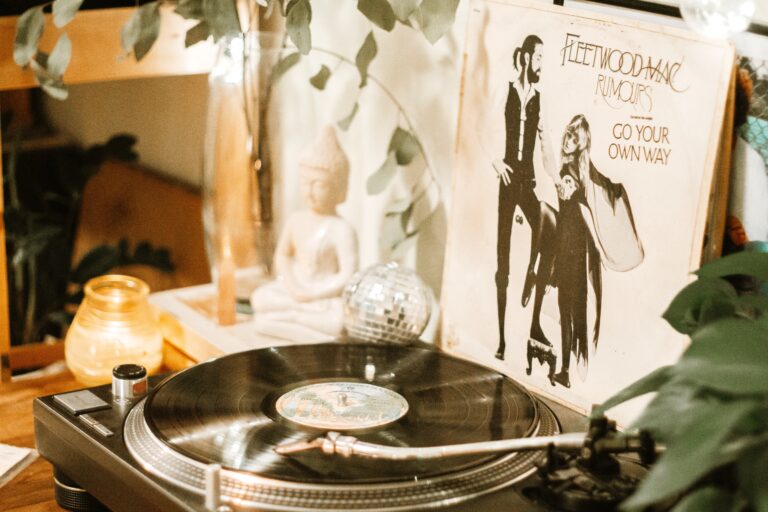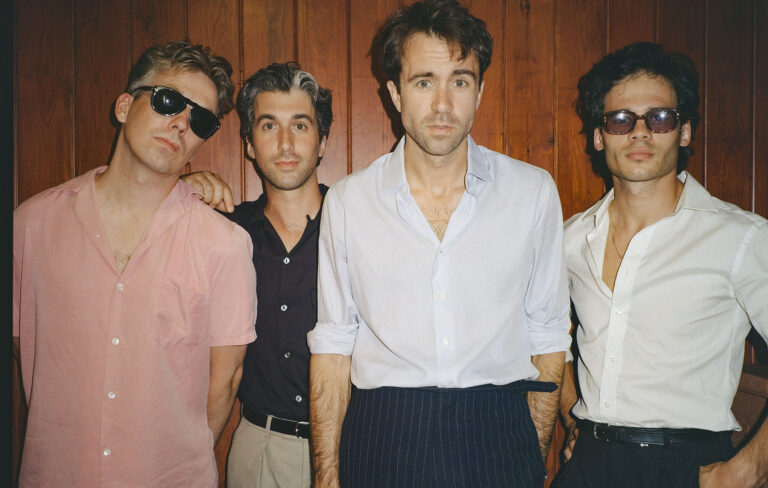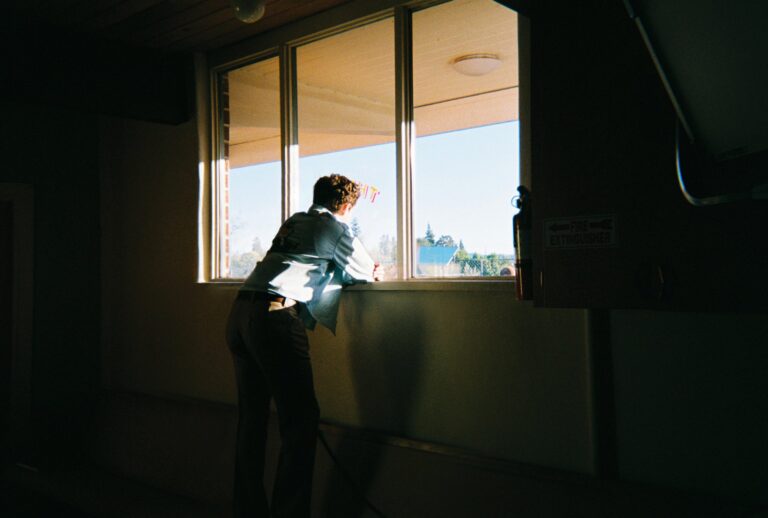Artist of The Month: The Japanese House

The Japanese House, also known as Amber Bain, is a British indie-pop artist known for her dreamy, atmospheric soundscapes and introspective lyrics. Since her debut in 2015, she has been garnering critical acclaim and a growing fanbase for her unique musical style. As with most Dirty Hit artists, like Beabadoobee, The 1975, and Rina Sawayama, The Japanese House has a distinct sound that echoes throughout her discography. With her latest releases, Boyhood and Sad to Breathe, this sound is reintroduced with a thoughtful and methodical production style. If you are a fan of any of the aforementioned artists, you’ll definitely want to add The Japanese House to your list of artists to listen to, especially with the release of her sophomore album, In the End, It Always Does, being June of 2023.
Amber Bain’s music is characterized by its ethereal, layered production accompanied by emotive, almost whispered vocals. She often incorporates electronic elements while exploring themes of identity, loss, and self-discovery in her lyrics. Her sound has been compared to artists like Bon Iver, but her style is truly her own. That’s one of the charms behind songs like Sad to Breathe; with lyrics like “A love that didn’t last / Do I chase the train you’re riding on / Or sit back and wait as it goes past?” and the hook, “Sad to breathe the air when you’re not there,” the song describes such a specific experience while remaining relatable and universal to her audience.
In 2015, The Japanese House released Pools to Bathe In, her debut EP. It received critical acclaim and caught the attention of indie music fans worldwide. She followed up with two more EPs, Clean and Swim Against the Tide, both of which further established her sound and musical identity. Four years later, The Japanese House released her debut, full-length album, Good At Falling, which was met with even more widespread attention. The album is a deeply personal exploration of Bain’s experiences with love, loss, and grief, featuring some of her most powerful and emotionally resonant songs to date. The song, Wild, my personal favourite from the album, describes Bain’s feelings of complete detachment for herself during angry, destructive outbursts. She sings about feeling like she was watching herself do these things, saying in her Apple Music Editor’s Notes that “I’d come out of her body and feel that wasn’t me.”
Since then, The Japanese House has been hard at work on new music, and she’s recently released songs that showcase her growth as an artist. This new music features more intricate and complex production while still maintaining the ethereal quality that has become her signature. Released in March 2023, Boyhood shows this dreamy, atmospheric sound and introspective lyrics, while also exploring new territory with increased electronic production.
The song opens with a simple piano melody and Bain’s whispery vocals. As it progresses, layers of electronic production build around her voice, creating a soundscape that is otherworldly and pulsating. The lyrics of Boyhood explore themes of self-discovery and identity, with Bain reflecting on her past and questioning who she has become. One of the most striking elements of the song is its use of vocal manipulation. Bain’s voice is processed in various ways, from pitch-shifting to almost robotic-sounding layers underneath her main vocals. This manipulation adds a new dimension to The Japanese House, demonstrating her willingness to take risks and push the boundaries of her sound.
The most recent song from The Japanese House, Sad to Breathe, was released in April of 2023. The introduction shares similarities to the iconic “chimes” of The 1975, which appear in songs like Be My Mistake. However, the song quickly shifts, with a driving guitar riff and drums now setting a more energetic tone than before. As the song progresses, layers of production build around the instruments. Bain’s vocals are emotive and raw, conveying a sense of vulnerability
and honesty. This uncertainty and emotional complexity is a hallmark of The Japanese House’s music, and Sad to Breathe is a beautiful example of her ability to capture feelings in song. Both Boyhood and Sad to Breathe are stunning singles that showcase Bain’s growth as an artist and her willingness to explore new sounds and techniques. The songs are deeply personal yet universally relatable, and fans will no doubt be eagerly anticipating the release of her second album this June. These two singles are promising indications of this exciting new territory Bain is exploring while also being a testament to her talent as a songwriter and producer.







